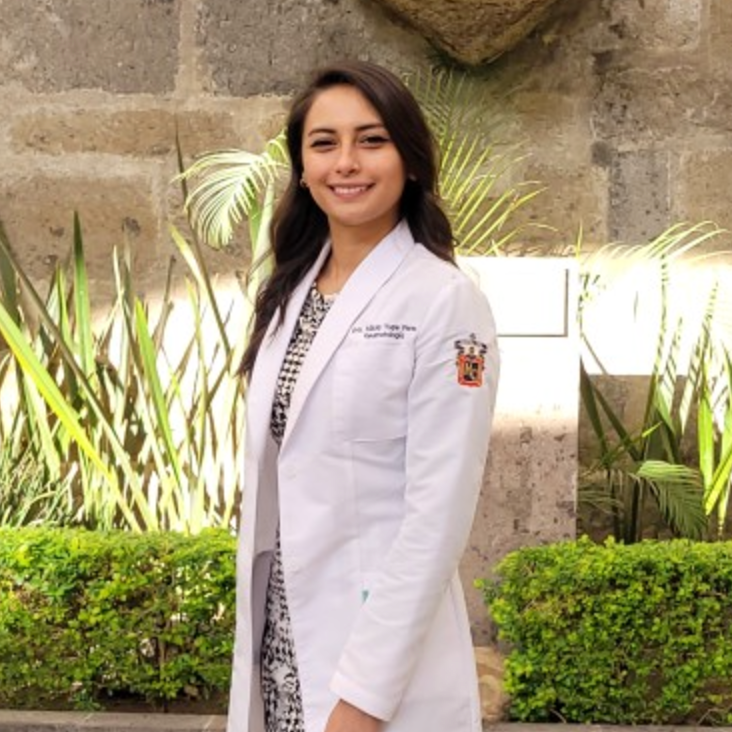Article
Easy, accurate RA diagnosis for general physicians
Yamane T, Hashiramoto A, Tanaka Y, et al, Kobe University GraduateSchool of Medicine, Japan, and other centers. Easy and accuratediagnosis of rheumatoid arthritis using anti-cyclic citrullinatedpeptide 2 antibody, swollen joint count, and C-reactiveprotein/rheumatoid factor. J Rheumatol. 2008;35:414-420.
Second-generation anticyclic citrullinated peptide (anti-CCP2) antibody assay used in combination with rheumatoid factor (RF), C-reactive protein (CRP) level, and swollen joints accurately predicts development of rheumatoid arthritis (RA) in patients with arthritis symptoms who first consulted their physician within 24 months after symptom onset. This diagnostic criterion is less sensitive than the American College of Rheumatology (ACR) criteria but highly specific and easy for general physicians to use.
Yamane and associates prospectively studied 435 hospital patients who had arthritis symptoms, including morning stiffness, arthralgia, and joint swelling. The diagnosis was made at the first visit by physical examination, laboratory testing, and radiography.
For the patients who first visited with arthritis symptoms within 3 months of their onset, the diagnostic specificity and positive predictive value (PPV) of anti-CCP2 assay and of anti-CCP2 assay plus RF were 95.4% and 87.8% and 96.9% and 90.9%, respectively; the sensitivity and negative predictive value were lower. For those who first visited later, but within 24 months of onset, the specificity and PPV of anti-CCP2 assay coevaluated with RF, CRP level, and more than 3 swollen joints were 98% and 95%, respectively.
The authors noted that these criteria used in various combinations surpass the ACR criteria.




